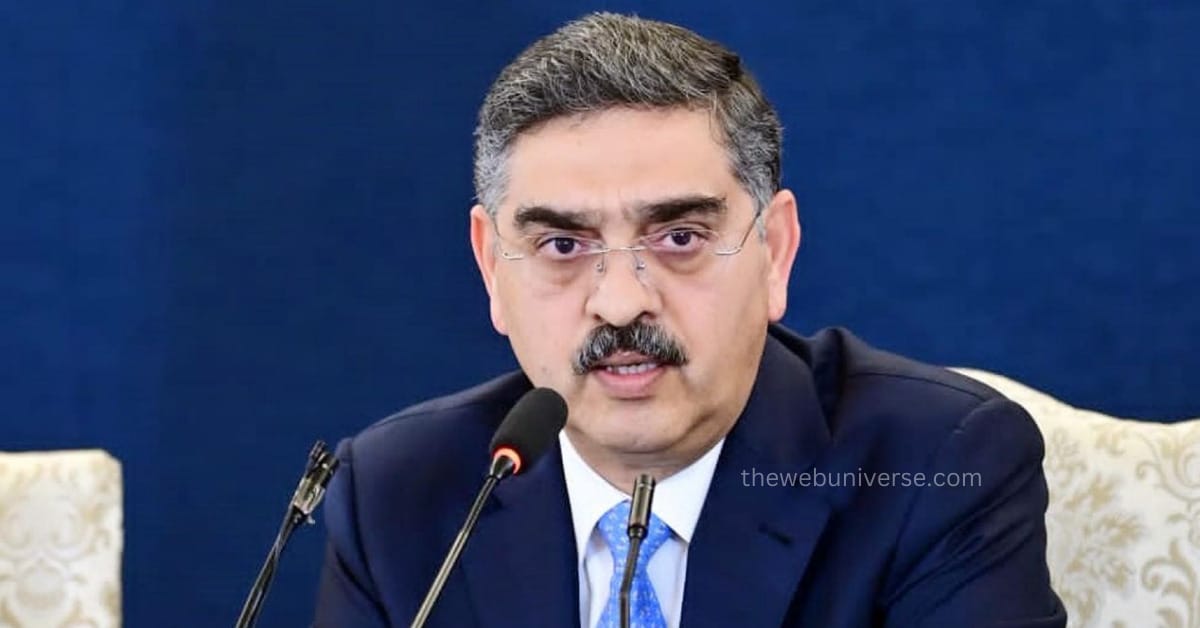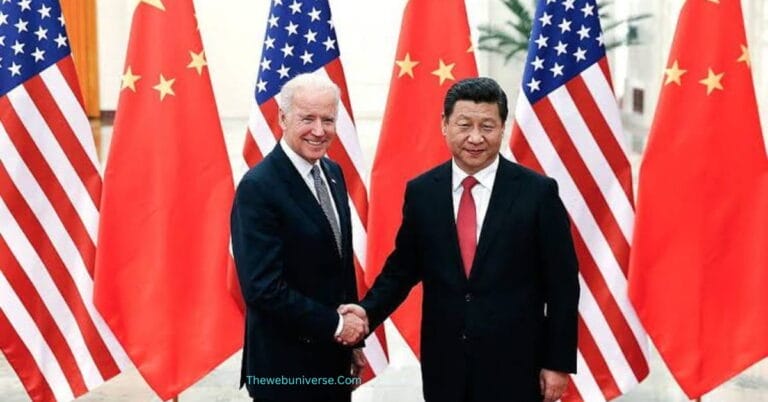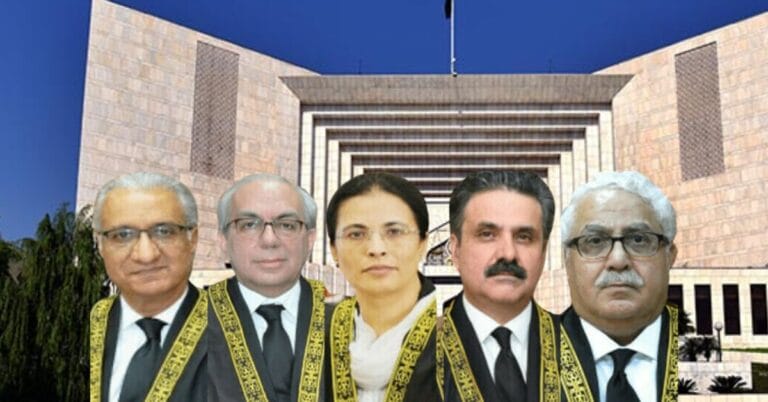Caretaker PM Kakar Urges Price Reductions Following Fuel Price Drop

In a proactive move to alleviate the economic burden on the citizens of Pakistan, Caretaker Prime Minister Anwaarul Haq Kakar has called for a reduction in the prices of essential commodities and services. This decision follows a significant drop in fuel prices, which the government recently slashed by Rs40 per liter. In this article, we will delve into the implications of this directive and the efforts being made to implement strict price controls across the country.
A Swift Response
Just a day after the government’s notable reduction in fuel prices, Prime Minister Kakar took to social media to urge provinces to ensure that the benefits of this reduction are passed on to the people of Pakistan. The price of petrol has now been lowered to Rs283.33 per liter, a substantial decrease from its previous rate of Rs323.38 per liter. PM Kakar’s directive extends to both federal and provincial levels, emphasizing the necessity of a strict price control mechanism.
Past Failures and Current Determination
It’s been observed that previous governments, including the Pakistan Tehreek-i-Insaf (PTI) regime and the Pakistan Democratic Movement (PDM) government, failed to control the market adequately. Traders often set their own prices without oversight from local administrations. This issue has persisted even in the current interim government. However, PM Kakar now appears determined to curb artificial price hikes on consumer items.
Provincial Response
Following the PM’s instructions, provincial governments have taken action. In Punjab, the caretaker chief minister, Mohsin Naqvi, has set a deadline of 48 hours for authorities to ensure a reduction in essential commodity prices and transport fares. A 10 percent decrease in transport fares has been recommended, and there’s an emphasis on cracking down on hoarders and profiteers. Similarly, the caretaker chief minister of Balochistan, Mir Ali Mardan Domki, has directed various departments to provide relief to the masses after the significant fuel price cut.
Inflation and its Impact
The article also highlights the impact of short-term inflation on the country, with a year-on-year increase of 26.25 percent for the week ending on Sept 14. The rise in the retail prices of vegetables is a significant contributor to this increase. The government’s use of the Sensitive Price Index (SPI) to measure inflation reveals that 24 items saw a price increase, eight saw a decrease, and 21 remained unchanged compared to the previous week. Several food items, including wheat flour, rice, and sugar, witnessed substantial price hikes.
Ongoing Economic Challenges
Pakistan continues to grapple with inflation rates above the target, with 27.4 percent in August. Economic stabilization is a top challenge, especially in the wake of IMF conditions and reforms aimed at averting a sovereign debt default. Food inflation remains a concern at 38.5 percent year-on-year.
Conclusion
In light of the recent fuel price reduction, the call by Caretaker PM Kakar for price reductions on essential commodities and services is a significant step towards easing the financial burden on the people of Pakistan. The response from provincial governments to implement strict price controls is a promising sign, although it comes in the face of ongoing economic challenges, including high inflation rates. The success of these efforts will be closely watched by both the government and the public.






